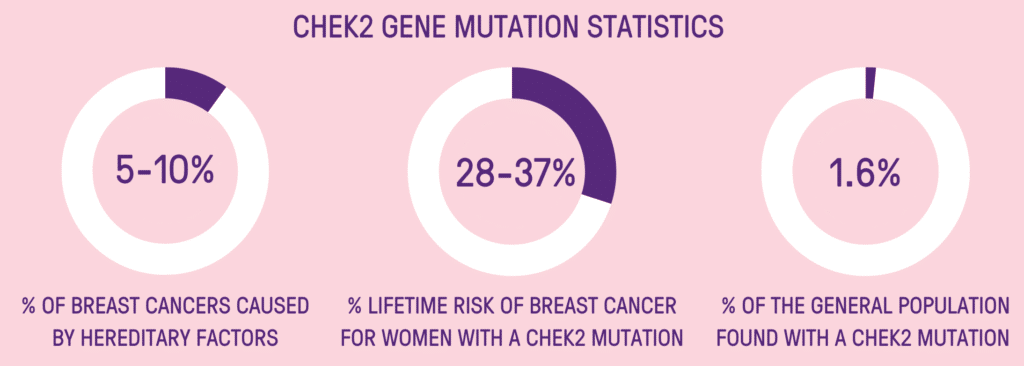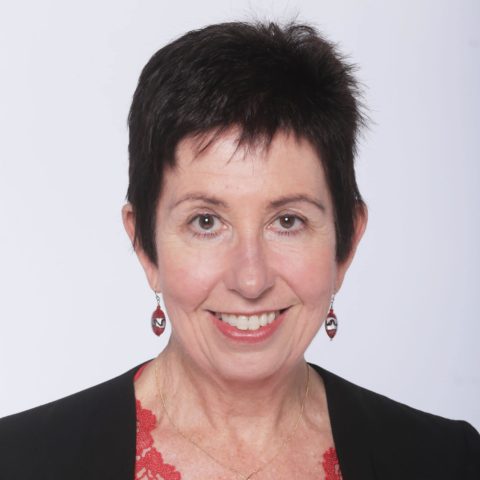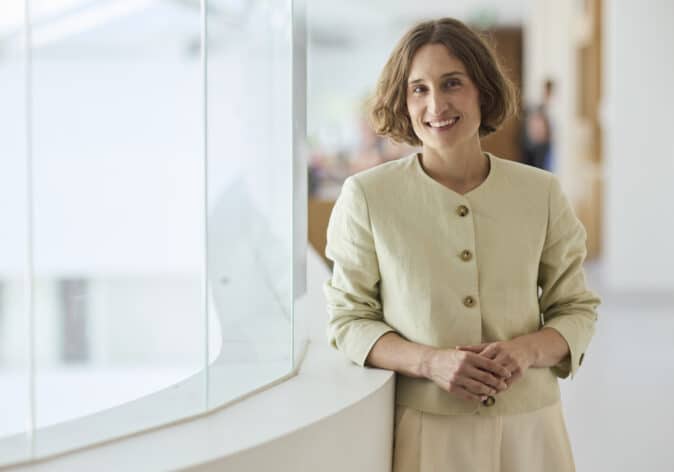What Is The CHEK2 Gene Mutation?
Around 5-10% of breast cancers are thought to be hereditary, caused by abnormal or mutated genes passed from parent to child.
Though the BRCA1 and BRCA2 gene mutations are the most well-known of these genetic abnormalities, there are numerous other genetic factors that can contribute to a higher-than-average risk of breast cancer.
One of these factors is the CHEK2 gene mutation.
The CHEK2 gene provides instructions for making a protein that stops tumour growth. An abnormal CHEK2 gene can, at least, double the lifetime risk of breast cancer. It can also increase colorectal and prostate cancer risk.
For women with CHEK2 mutations and a family history of breast cancer, the lifetime risk of breast cancer is estimated to range from 28% to 37%. However, the risk may be higher depending on the number of family members affected by breast cancer.

Cancer Geneticist Associate Professor Judy Kirk from the Familiar Cancer Service at Westmead Hospital said despite the lack of awareness of this genetic abnormality, it is more common that you would think.
“Mutations in CHEK2 are more common than BRCA1 or BRCA2, but they cause a more moderate risk of breast cancer.”
“They’re not associated with the high risk, they’re not associated with ovarian cancer, and in a way, looking at the family history might give you just as much information as finding a mutation in CHEK2,” she said.
Listen to the podcast
Understand Your Breast Cancer Risk: Listen to our expert interview on the CHEK2 Gene Mutation.
Professor Judy Kirk also said testing for the CHEK2 gene mutation is also not common.
“Some centres will test a lot of gene; some centres test only for the genes that are most relevant and going to make the most difference to the patient if we find something.”
“But remember for many families, in fact about 85% of our families, we can test an affected family member and find nothing and that doesn’t mean there’s no genetic problem.”
“All it means is that we haven’t found it.”
Centres are more likely to test for ‘high risk’ gene mutations, like BRCA1 and BRCA2, as they carry a higher risk of developing breast cancer.
As the CHEK2 gene mutation only carries a moderate risk, many who test positive decide to participate in less invasive preventative options.
“It’s probably about a three-fold increased risk in breast cancer and that’s something that would generally be approached by careful screening rather than a double mastectomy,” said Professor Kirk.
Risk management decisions are very personal and should be discussed with a medical professional. For those with a CHEK2 gene mutation, breast screening is typically recommended to begin earlier than the general population.
“It’s probably about a three-fold increased risk in breast cancer and that’s something that would generally be approached by careful screening rather than a double mastectomy.”
Risk management decisions are very personal and should be discussed with a medical professional. For those with a CHEK2 gene mutation, breast screening is typically recommended to begin earlier than the general population.
Sign up to receive our latest Research Newsletter
Support Us
Help us to change lives through breast cancer clinical trials research




